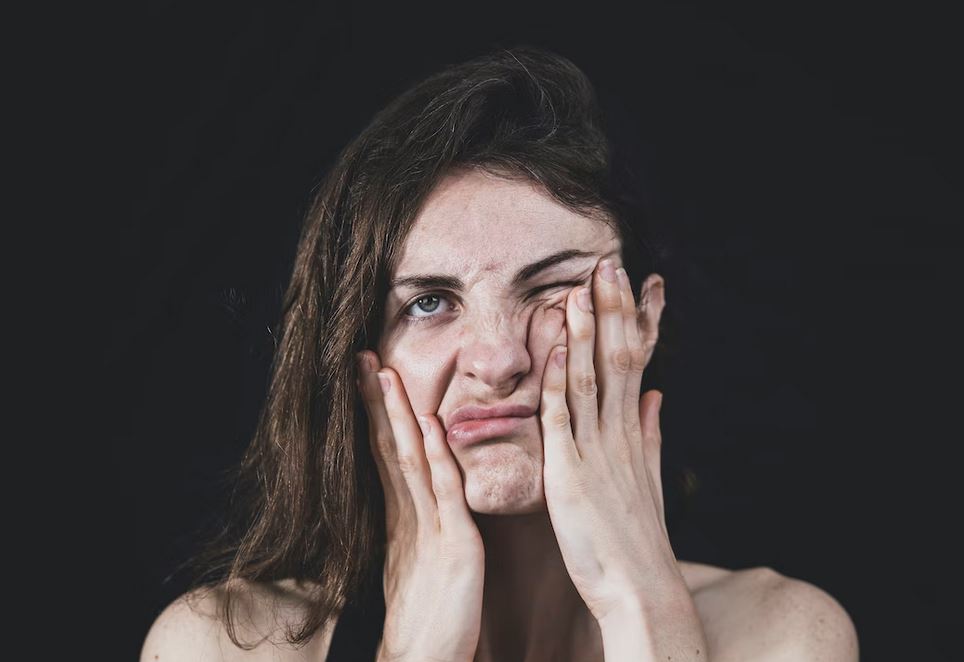You’re sitting in your chair, working on your computer. Suddenly, you feel a tightness in your chest and an overwhelming sense of dread. You start to sweat and feel like you can’t breathe. You know what’s happening – it’s stress. Stress is a feeling that we all experience at some point in our lives. It can be caused by many things, such as work, school, or family problems. In this blog post, we will discuss the different types of stress and how to deal with them!
Acute Stress
Acute stress is a short-term response to a specific event. It’s the kind of stress you may experience when giving an important presentation or tackling a difficult problem. This type of stress often passes quickly once the stressful situation has been resolved. To cope with acute stress, it’s important to take deep breaths and stay focused on the task at hand. For example, if you’re giving a presentation, take time beforehand to practice, and remember that everyone in the room is rooting for you!
Chronic Stress
Unlike acute stress, chronic stress is long-term and can be caused by multiple events or situations. Chronic stress can cause physical and psychological symptoms such as headaches, fatigue, depression, and anxiety. To manage this type of stress, it’s important to recognize the source of your worries and talk to someone about them. Exercise and relaxation techniques can also be helpful in reducing the effects of chronic stress. For example, yoga and meditation can help to relax both the mind and body.
Post-Traumatic Stress Disorder (PTSD)
Post-traumatic stress disorder is a type of anxiety disorder that affects those who have experienced a traumatic event. Symptoms of PTSD include flashbacks, nightmares, difficulty sleeping, and feeling emotionally numb or disconnected from others. To manage this type of stress, it’s important to seek professional help and talk to a therapist about your experiences. Cognitive behavioral therapy and other forms of psychotherapy can help you learn how to effectively cope with symptoms of PTSD. For example, you may learn how to practice relaxation techniques or challenge negative thoughts.
Social Stress
Social stress is caused by the pressure we put on ourselves to fit in or meet certain expectations. This type of stress can lead to feelings of loneliness and low self-esteem. To manage social stress, it’s important to focus on the things that truly matter and remember that your worth isn’t defined by the opinions of others. It’s also helpful to take time for yourself and practice relaxing activities such as yoga or meditation. For example, you could take a few minutes each day to do some mindful breathing exercises.
Triggers of Stress
Sometimes, it’s difficult to identify the underlying cause of your stress. Triggers can include people, places, or situations that bring about feelings of stress and anxiety. It’s important to be aware of these triggers and take measures to avoid them if possible. If this isn’t an option, try to practice mindfulness and use coping strategies such as deep breathing or positive self-talk to stay in control when faced with a trigger situation. For example, if you know social gatherings cause you stress, try to focus on the positive aspects of the event and practice relaxation techniques beforehand.
Alternative Ways to Deal With Stress
In addition to the traditional methods of managing stress, there are many alternative ways to deal with it. This includes activities such as:
- art therapy: using art to express emotions.
- creative visualization: picturing yourself in a relaxing setting to reduce stress levels.
- reframing negative thoughts: looking at a stressful situation from a different perspective.
- aromatherapy: using essential oils to relax the body and mind.
- Delta 8 Gummies: Delta 8 Gummies are a great way to reduce anxiety, stress and depression. They come in many flavors and can help you relax and clear your mind.
- mindfulness meditation: focusing on the present moment to reduce anxiety and stress.
- yoga: calming the mind and body through movement and breathing techniques.
- acupuncture: stimulating pressure points on the body.
- exercising: releasing endorphins to reduce stress levels.
- dietary changes: eating healthy, nutritious foods.
Don’t forget to consult a doctor before trying any alternative methods of dealing with stress. This is especially true if your symptoms become severe or don’t improve over time. A professional can help determine the best treatment plan for your individual needs.
Each person is different, so it’s important to experiment with different strategies to find the ones that work best for you. Remember that managing stress is an ongoing process and requires patience. With practice, dedication, and a positive attitude, you can learn how to cope with stress in a healthy way.




